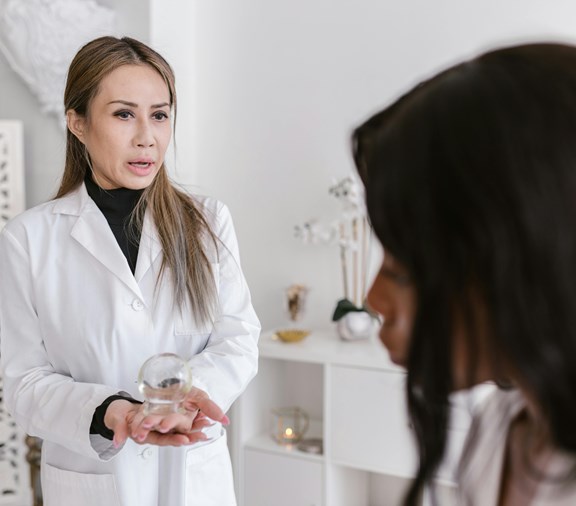
When you are sexually active, it’s important to understand your risk of getting a sexually transmitted infection (STI). Chlamydia is the most common STI. It infects almost 3 million Americans every year – and 14- to 24-year-olds are most likely to be affected.
How do you get and spread chlamydia?
Most people get chlamydia by being sexually active. The infection is found in semen and vaginal fluids that can infect the penis, vagina, cervix, anus, urethra (tube where urine comes out), eyes, and throat. A person can get chlamydia through vaginal, anal, or oral sex without a condom if their partner has it. A baby can also be infected during childbirth if the mother is infected. If a person has sexual fluids on their hand and touches their eye, they may get an eye infection called trachoma – which is the leading cause of infectious blindness worldwide.
The good news: chlamydia is treatable – if a person knows they have it.
What are the signs and symptoms?
Often, people with chlamydia do not have symptoms. However, if chlamydia goes untreated, it may lead to serious health conditions. Symptoms can include rectal pain, discharge, and bleeding.
In addition, women may notice:
- Abnormal vaginal discharge.
- Burning when urinating (peeing).
Men may notice:
- Discharge from their penis.
- Burning when urinating (peeing).
- Pain and swelling of one or both testicles.
Should I get tested?
Whether you have symptoms or not, regular testing for chlamydia is recommended if:
- You are sexually active.
- You are a gay or bisexual man.
- You are a woman younger than 25 years old, or are 25 and older with risk factors including multiple partners and symptoms.
How is it treated?
Chlamydia is a treatable bacterial infection, but you must be honest with your healthcare provider about your symptoms.
- When you are prescribed medicine, never share it. If your partner is concerned, they should be tested and prescribed their own medication.
- Do not have sex until you have completed all the medicine. If the medicine is ordered for 7 days, take all 7 days before having sex again.
- Unlike some infections, you can get chlamydia again after taking the medicine.
What happens if I don’t get treatment?
At first, nothing may happen. However, there is a risk of serious health problems if chlamydia is not treated.
Women can develop pelvic inflammatory disease (PID), which can lead to:
- Scar tissue that blocks the fallopian tubes.
- Ectopic pregnancy (pregnancy outside the womb/uterus).
- Not being able to get pregnant (infertility).
- Pelvic/abdominal pain lasting a long time.
While chlamydia is less likely to cause health problems for men, it can cause fever and pain in the tubes attached to their testicles. This can lead to infertility. It can also increase the chances of contacting HIV or giving HIV to someone else.
How can I prevent it?
The only guaranteed way to keep from getting chlamydia is to not have sex.
- Reduce your chances by only having one partner, who has tested negative.
- Use condoms every time you have sex.
- If you are pregnant, let your healthcare provider know so you can be tested.
Have health questions or concerns? Call the 24-Hour Nurse Line.
Talk to a nurse 24 hours a day, 7 days a week. The nurse can answer your questions or help you decide what to do about your or your child’s health needs. There is no cost to you for this Parkland Community Health Plan service.
HEALTHfirst STAR Medicaid: 1-888-667-7890
KIDSfirst CHIP/CHIP Perinate: 1-800-357-3162
TTY Line: 1-800-735-2989



